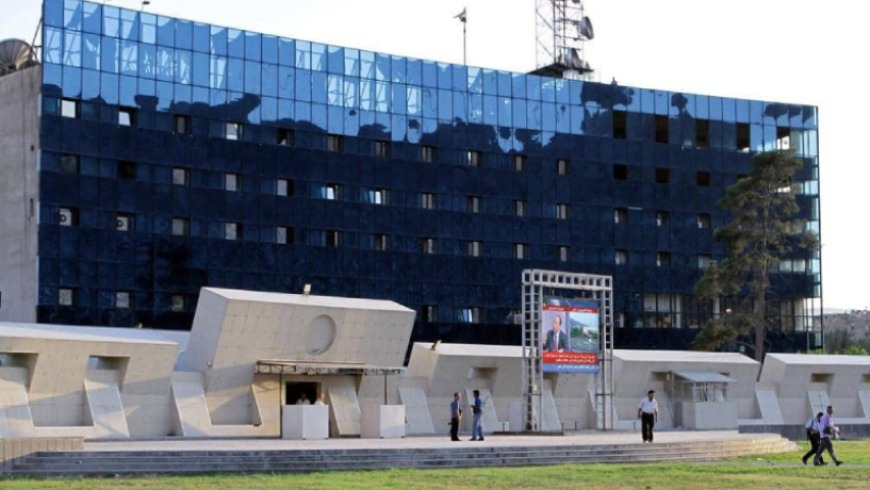The Ministry of Information has dismissed the directors of the official channels al-Ikhbariya and al-Souriya following two significant incidents. One occurred during the broadcast of the program “The Captain,” which was abruptly halted, and the other involved the channel al-Ikhbariya hosting Youssef Zeidan, an Egyptian intellectual accused of normalization with Israel.
Confidential sources from the General Authority for Radio and Television have confirmed to Syria TV that Luna al-Shibl, the media adviser to the President of the Syrian regime, played a decisive role in the Minister of Information’s decision. She imposed the dismissal and appointed new directors for both channels, al-Ikhbariya and al-Souriya.
Muhammad Ali Abdul Razzaq Zahra has replaced Shibl as the director of al-Souriya, while Muhammad Ali Massa has been appointed as the director of al-Ikhbariya. Massa previously held the position of director at al-Ikhbariya from February 2018 to January 2019 when he was dismissed due to a scandal related to job interviews.
The process of appointing and dismissing directors of the regime’s television channels has often lacked professional evaluations, according to many individuals who have worked in Syrian state media organizations. These decisions have typically been influenced by a context of security patronage that permeates journalistic work.
Based on a partially substantiated hypothesis, some individuals doubt that the “mistakes” that occurred on the Syrian news screens, including the official Syrian satellite channel and the Syria Drama channel, are the primary reasons behind the recent changes. Instead, they believe that the current developments are driven by the same underlying factors that led to the appointment of the previous directors. These positions are often associated with security services, and when someone garners their support, they gain access to influential positions. Consequently, when a power struggle ensues between different agencies for control and influence, the losers tend to bring their groups with them into state institutions.
This article was translated and edited by The Syrian Observer. The Syrian Observer has not verified the content of this story. Responsibility for the information and views set out in this article lies entirely with the author.


